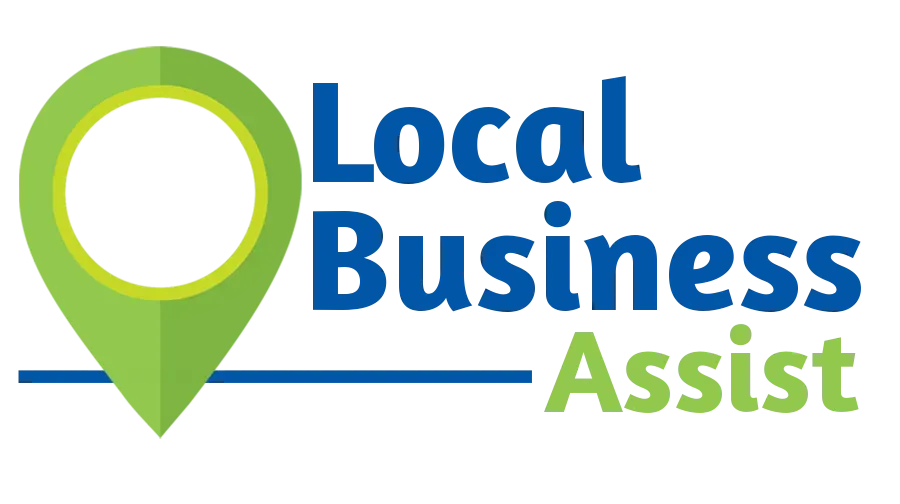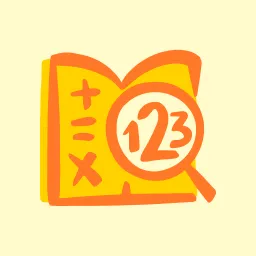HVAC and Appliance Certifications
HVAC and appliance repair technicians install, service, and fix heating, ventilation, air conditioning, refrigeration systems, and household appliances like refrigerators, washers, and ovens. In Colorado, you'll troubleshoot systems in Denver's urban high-rises, maintain energy-efficient setups in Boulder's eco-friendly homes, or service remote mountain cabins in Aspen, often with on-call or mobile roles for flexibility.
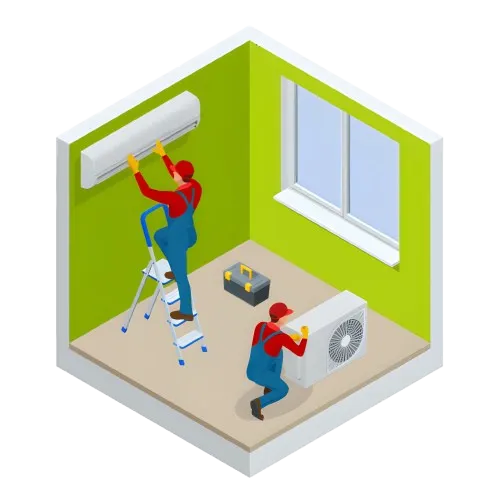
Why Pursue a Career in HVAC and Appliance Repair?
HVAC and appliance repair technicians install, service, and fix heating, ventilation, air conditioning, refrigeration systems, and household appliances like refrigerators, washers, and ovens. In Colorado, you'll troubleshoot systems in Denver's urban high-rises, maintain energy-efficient setups in Boulder's eco-friendly homes, or service remote mountain cabins in Aspen, often with on-call or mobile roles for flexibility.
Over 200–300 roles statewide for appliance
Dozens of junior roles and apprenticeships, ideal for cert holders
Companies like GE Aerospace, Apex Mechanical, and local firms like Lakeside Heating hire steadily.
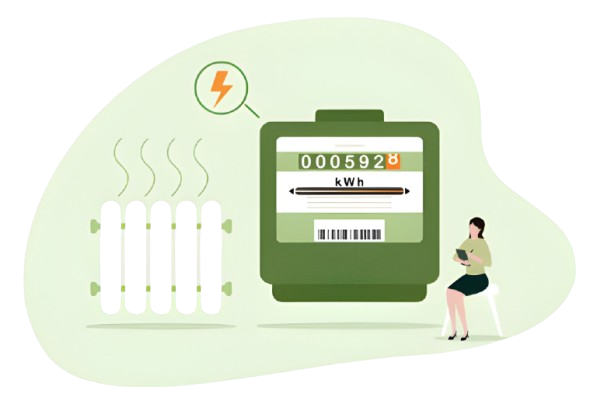
What You’ll Learn
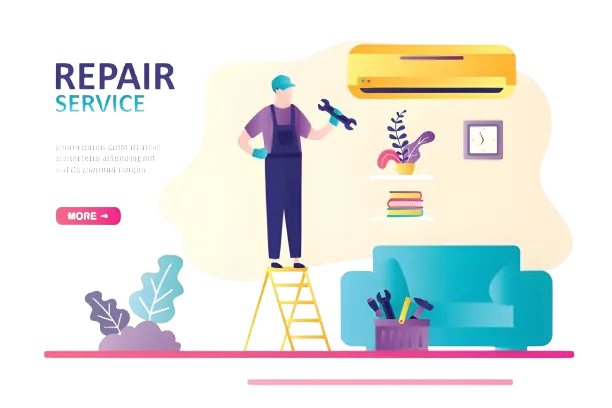
HVAC Systems & Fundamentals
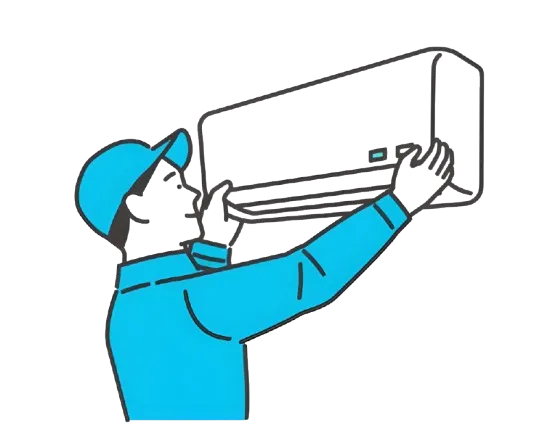
Electrical & Refrigeration Basics
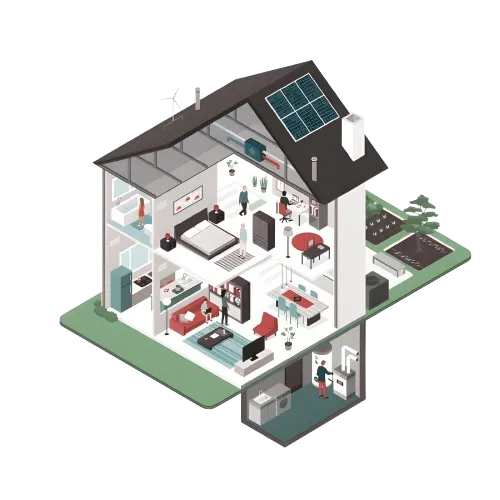
Installation & Maintenance Procedures
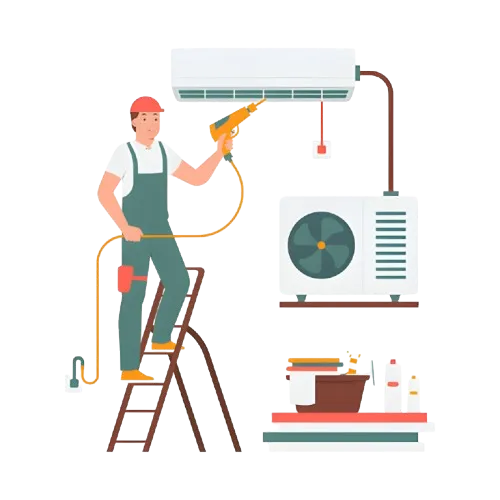
Troubleshooting & Safety Practices
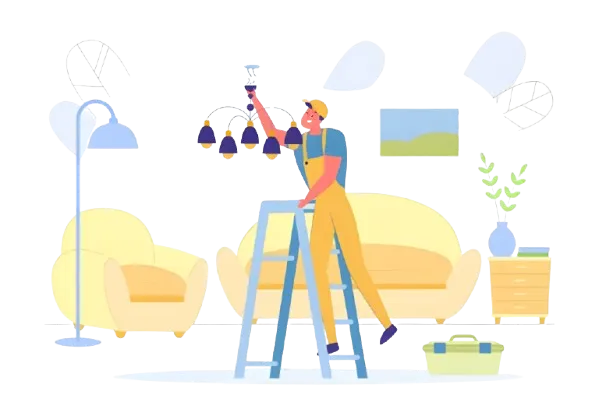
Appliance Repair & Customer Service Skills
Course Duration & Format
Duration
6–9 months(depending on class schedule)
Format
Hybrid (Online + Practical Training)
Total Hours
75–150 hours (including clinical practice)
Training Type
Instructor-led sessions with hands-on learning
Why Choose LBA Academy?
✅ Energy efficiency, smart systems, and troubleshooting hybrids
✅ Hands-on with refrigerators, washers, dryers, and ovens.
✅ Master refrigerant handling, recovery, and EPA 608 exam prep
✅ Simulate repairs on mock systems
✅ Cover safety (OSHA 10), tools, and Colorado building codes.

Ready to Launch Your HVAC and Appliance Repair Career?
Colorado's HVAC and appliance repair field is primed for growth—solid wages, abundant jobs, and WIOA-funded training make it a smart trade choice. Start with free resources like EPA's online modules, then enroll via cotrainingproviders.org. With focus, you could be certified (and earning reliably) by mid-2026.
COMPANY
QUICK LINKS
CUSTOMER CARE
Mon - Fri (9am-6pm)
